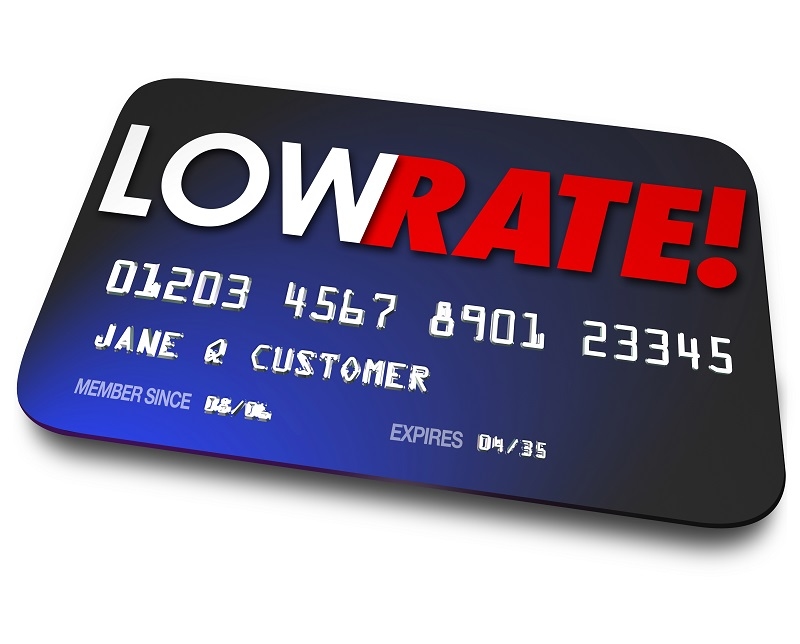
Credit cards are a convenient way to manage everyday expenses, create a credit record, and reap rewards. However, when the figures get out of control, the interest accompanying the balances can overwhelm you in no time. Many people end up giving away more money than they think because they are charged high-interest rates, late fees, and only make the minimum payments.
Fortunately, there are some effective measures to cut down on weight and save some money over time.
Credit card interest is non-committal when compared to other loans. The annual percentage rate (APR) is generally much less than that of personal loans or mortgages. Carrying the bank’s balance for the next month, the bank will take the money you owe, apply this rate, and produce a bigger number.
For example, if there is a balance of $2,000 on your card with an APR of 20% and you only make minimum payments, it might take you ages to get it paid off, and finally, you will pay a lot more than the initial amount. Thus, it is doubly important to drive home the point of practicing how to lower credit card interest payments to keep finances in check.
The minimum payment only allows you to pay the interest and a small part of the principal. So the balance is very little decreased.
If you increase your monthly payment by only $50 or $100, you will have a shorter loan tenure and save on interest. It is like you are buying your debt freedom at a faster pace. For instance, it can take 15+ years or even longer to pay only the minimum for a $2,000 balance with a 20% APR. You can make your loan term significantly shorter by putting additional money into the account.
If you are carrying multiple credit cards, pay off those that have the highest interest rates first. This technique is also known as the “avalanche method.” The less money you allocate to interest payments, the more you target toward the repayment of the principal.
You should follow this method together with other tips that will help you to get out of credit card debt, like ensuring minimum payments on all cards and at the same time putting more money toward the costliest balance. Step by step, you are lightening your interest rate burden and speeding the process of debt elimination.
Usually, people make their credit card bill payments only once a month, but you have the opportunity to pay more frequently and speed up the process of paying off the bill. Making small payments in the middle of the month also helps to reduce the average daily balance, which is the basis of interest calculation.
If you make two smaller payments rather than just one large payment, your balance will be reduced faster, and you will be charged a lower interest rate. This clever behavior will become a visible difference when you learn to lower credit card interest rates on a regular basis.
A lot of credit card users are unaware that it’s a possibility to request a lower interest rate. By making a simple call to the institution issuing your credit card, you could save some money. If you have a record of on-time payments and strong credit, or if other banks have better offers, use these as leverage points to negotiate.
Negotiating lower APR has its limitations; however, when successful, it can bring about savings up to hundreds of dollars over the years. That's why even a decrease of just a few percentage points is a big deal in long-run interest costs.
Another wise step to take is escaping the credit card late fees which are no other than the additional charges that you pay. Failure to make a payment may also lead to a penalty APR, which is a higher-interest-rate-than-usual that is imposed on your available credit.
To ensure you are always up to date with your payments, you could have automatic payments set up or put a reminder on your phone. Minimum on-time payment made by you also saves you from these penalties. This practice stops your debt from growing at a faster rate than predicted.
In a situation where your present credit card has a very high APR, it is better to move your debt over to a new card which can offer you 0% as an introductory rate. Most banks provide balance transfer promotions where you are charged little or no interest for a certain period, which is often between 12 and 18 months.
If used correctly, it can be the step that most effectively results in reducing credit card costs.

Yet another way is for the person to settle the ravens' credit card debt with a personal loan. Compared to a credit card, the interest for a personal loan is lower most of the time. In addition, you can use this method to pay off the debt in fixed monthly installments.
The method brings two important advantages: monthly instalments become more certain and overall, less interest is paid. Those who face great difficulty managing the multiple-card situation will especially benefit from this: through consolidating, they do not have to worry about their payment plans spreading over several due dates but can rather focus on repayment.
A very strong tool that can help you cut down on your credit card interest is to come up with an achievable budget. Knowing exactly what you spend each month helps you uncover the places where you can save. Even little changes, like not eating out or postponing the purchase of a non-essential item, can make money available that will be used to pay your cards.
The money you get from the IRS, the money you get as a bonus, or the money you make from a side hustle are all great sources of money that you can use to pay down your credit card debt. Don't spend that money on yourself; instead, put it directly toward your balance.
This method accelerates debt payoff and decreases your total interest. Over time, these contributions in the form of lumps make a very big difference, and this is one of the best credit card payoff tips to adopt.
The factor that plays the key role in reducing debts is the presence of a disciplined and committed payment plan. By allowing automatic payments, you won't miss your deadlines; in fact, you could even set a higher payment than the minimum amount each month. This guarantees that your credit balance is always brought down, and you avoid credit card late fees without much effort.
If you keep adding to your credit card while you are trying to pay it down, you won't be able to see your debt going down very fast. Use cash, debit cards, or digital wallets that are linked to your checking account for your everyday purchases instead.
Your balance will be reduced in a steady manner and correspondingly, your interest payments will go down if you stop making new charges. This is a simple yet the most important habit that one has to develop in order to be able to realize credit card costs reduction in the long run.
A good credit score is one of the most important aspects of low APR and fewer fees, as it allows you to obtain the best possible loan and credit offers. Checking your credit report enables you to identify errors, pay bills on time, and maintain a low utilization ratio.
Credit card debt can really bury you under a mountain of stress, but this does not mean you have to give up and allow high-interest rates to control your financial life. Cutting down on your expenses while you are in debt and freeing yourself from it faster is possible if you live by the rules of paying more than minimum tips, focusing on high-interest balances, negotiating better terms, and avoiding credit card late fees.
Every one of your extra payments is important, and you are one step away from being able to get out of the financial stress for good.
This content was created by AI